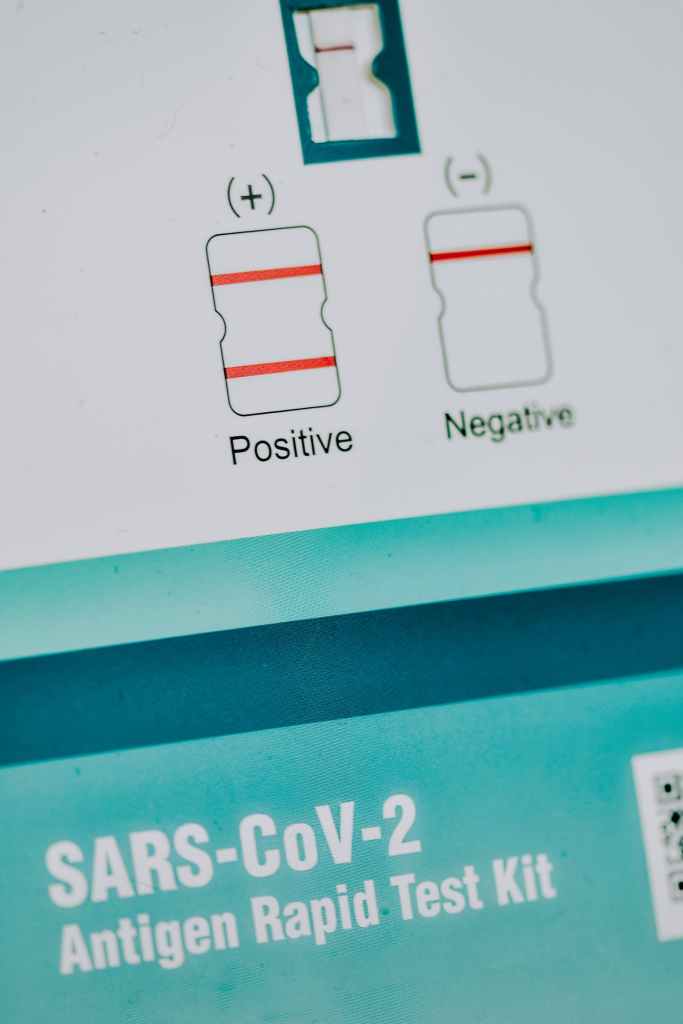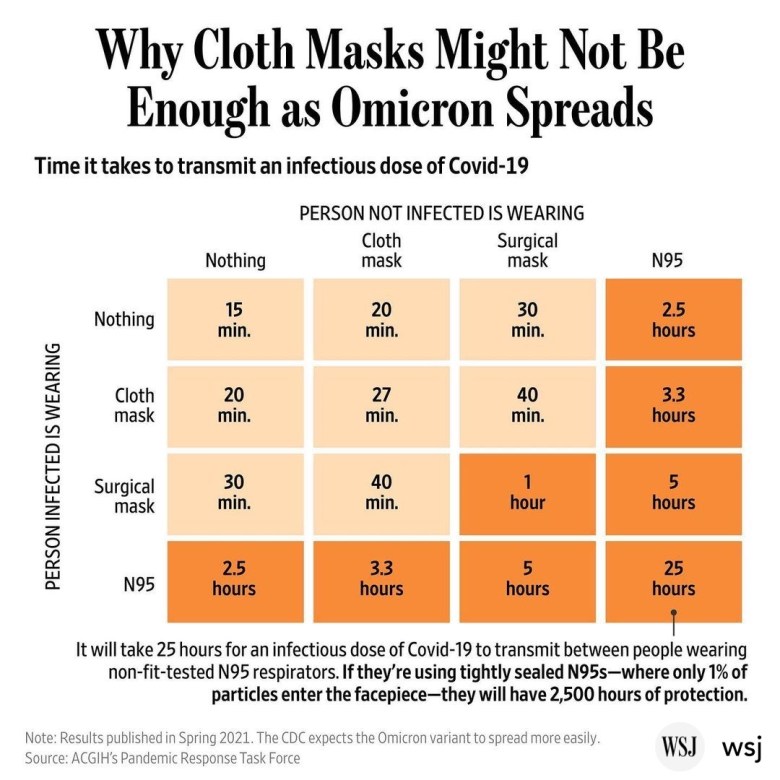Anecdotally there are a lot of acute respiratory virus infections ripping through the community where I live. Particularly noticeable in schools but also workplaces. Yes, there is SARS-CoV-2 among these of course. Yes, that’s under-reported because many people will not be reporting their positive results. But also yes, there are other viruses driving this at the moment – “RAT negative viruses” as I like to call them (RNVs😉) – like the rhinoviruses (HRVs) and respiratory syncytial virus (RSV). That’s a lot of arrrs.
What is a RNV?
This is the question. Because the only rapid antigen tests we have in our households right now are those for SARS-CoV-2 (the virus that causes COVID-19), RNVs are any virus that isn’t that!
These include a couple of hundred different “respiratory viruses”, many of which exhibit seasonal peaks of coughs, colds, headaches, fevers, wheezing, sneezing, bronchitis and a general feeling of crappiness.

These are usually short (a couple of weeks) sharp acute illnesses caused by viruses that have an RNA genome, are endemic and they transmit via aerosols.
Because of that last point – they spread well in indoor spaces because they linger in the air, in tiny particles we exhale, talk, sing and cough out. Without adequate ventilation, or air filtration they accumulate, so the number of particles per volume of air gets higher and it becomes easier for us to inhale enough virus to get infected.

They forgot to use the words “airborne” or “aerosol” again. But that’s the transmission route that all☝️☝️ mitigation measures are addressing in this graphic. They are seeking to dilute, replace or pull out the floaty (not bigger wetter droplets) virus-laden particles from the air. A very effective process that all indoor public settings should already be adopting. This is less expensive and better for our world than the costs of war or corrupt politicians.
https://www.who.int/news-room/questions-and-answers/item/coronavirus-disease-covid-19-ventilation-and-air-conditioning
What RNV is in my local neighbourhood?
We generally keep a fairly appalling track of this. Both in terms of testing but also in communicating it to the public (you know, that first word in the term “public health”). Surveillance is just a very dirty word *cough JEV cough*.
One private pathology laboratory that does do a great job in this space for Queensland is Sullivan and Nicolaides Pathology. They produce a weekly report of the top 10 or so respiratory viruses that get identified by their laboratories across Queensland.
And two viruses (actually, groups of viruses) are notably trending upwards here right now – RSV and the HRVs.


These will be accounting for a big chunk of our coughs and colds. In the current climate, they will also be driving people to find a RAT to test for SARS-CoV-2 so they can at least exclude that virus and its remnant requirements for isolation away from work or school.
During a pandemic, even “common cold” viruses can impact our lives more than they used to. A good RAT for these could help to rule them in, or out. RATs that could reliably detect more than one virus group would even more useful.
Rhinovirus RAT race
The RAT is out of the bag now and the public is well engaged with exercising their individual rights to spend their own hard-earned cash on a less sensitive test (some RATs are far inferior to others) that have at times been very hard to find.
Given that we are likely to soon see influenza viruses join in the RAT race, I’d like to pitch for the rapid development of “rhinoRATs”. You’re welcome. I’ll take my payment for this brilliant concept in TimTams, please.
These would be RATs that pick up HRVs and thus provide the best bang for your buck in the home testing world.

Image from Pexels.
Rhinoviruses are most often the cause of your acute respiratory illness for most of the year (not so much during flu season or peak pandemic periods). And yet they are not what we hear about. And often not what our samples get tested for.

If we go to the time, effort and expense to get a sample collected and processed, then shouldn’t we make sure we at least test for the likeliest pathogen? Yes, this has been a gripe of mine for many years.

Of course, a positive rhinoRAT result can’t exclude coinfection with one of the other viruses. But this would still be a useful tool if we accept that higher-quality pathology testing is to be replaced by RATs in some domains.
Meanwhile, if you haven’t already, get your third dose of COVID-19 vaccine as it’s still very much around and in play. Think about wearing a mask when you’re out and about. It will help to reduce the risk you will get one of these others. Escpailly if you just want to get that work done, or get one that pane. And maybe buy an extra box of tissues. If you haven’t already needed them, you probably will soon.

https://www.wsj.com/articles/cloth-face-mask-omicron-11640984082
Views: 744
